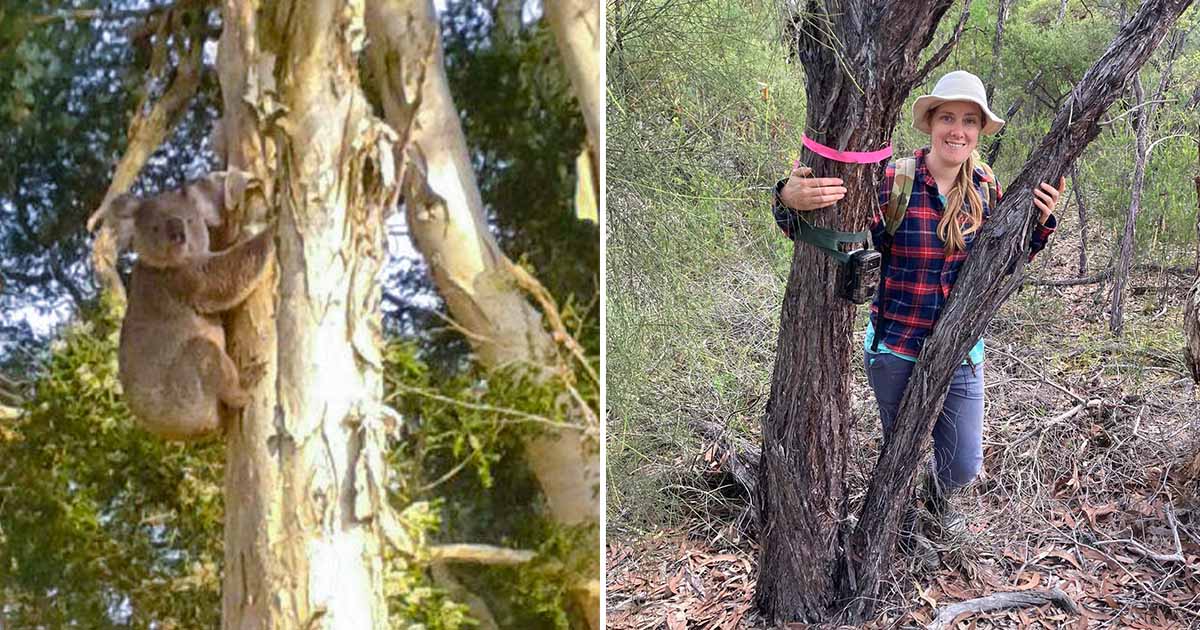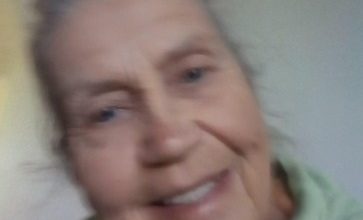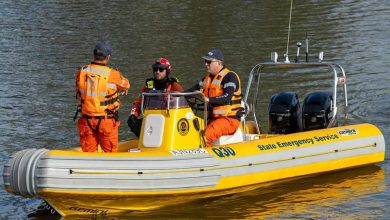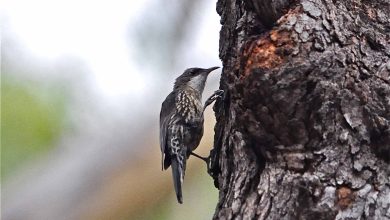The Koala population has been dwindling in NSW, but conservationist Lilly Schwartz and her group are monitoring their locations across the Hills and Hornsby shire.
Lilly Schwartz is an avid volunteer with the Cattai Hills Environment Network. Lilly’s critical work as coordinator in a local koala research program, The Hills-Hornsby Rural (HHRKP) has been mapping local habitats of koalas to ensure their lands are protected in the future.
The project also undertakes field work in biodiversity monitoring, uploading wildlife data onto Bionet with the aim of increasing awareness of the high level of biodiversity and the need for conservation of our biodiverse ecosystems.
The work of the Hills-Hornsby Koala Project research is significant as it utilises research to protect koalas from road accidents, fire and habitat loss with development projects via population mapping. Koala populations in NSW are in a drastic state as there has been a 50% decline in the Koala population since the 1990s according to a Wires’s 2024 report.
Lilly Schwartz shared her passion for the project and thanked the countless volunteers involved; “We are really hoping to have a return population of Koalas like we had prior to 2002.

Local citizens can make a big impact on their environment by being aware of local flora and fauna and getting involved with conservation efforts.
“The HHRKP has come so far directly because of the contributions of wonderful community members who have reported koala sightings and calls heard, and collaborated with us along the way”.
Koalas used to be spotted throughout the Hornsby and Hills, though their population was decimated by the ferocious ‘Baulkham Hills Complex of Fires’ in 2002. However, hope was renewed for the marsupials when in 2018, a koala was spotted in Glenorie despite the belief that they had all perished in the fires.
Established in 2018 and supported by The Cattai Network, the Hills-Hornsby Koala Project began involving many ecologists and citizen scientists.
The goal of the project is to understand whether there is a stable breeding population in the Hills and Hornsby regions as there was prior to the 2002 fires. Once a Koala sighting has been identified on the ‘Koala Sightings Map’, cameras and sound meters are set up in the area to see what wildlife is around as Lilly reports; “If we have that information, we are in a better position to protect their habitat and reduce road injuries. We are also working towards getting the Hills, Hornsby and Hawkesbury areas recognised by the ‘NSW Koala Strategy’ for Koala Habitat”.
If you’re passionate about Koalas just as much as Lilly, they’re open to new members on their Facebook Page; ‘Hills-Hornsby Rural Koala Project’ or you can reach out to Lilly at [email protected]
Lilly encourages people to follow their secondary Facebook group; ‘Flora and Fauna of Hills Hawkesbury’, which aims serving as a space where locals can discuss, enjoy and share knowledge on our local flora and fauna’




